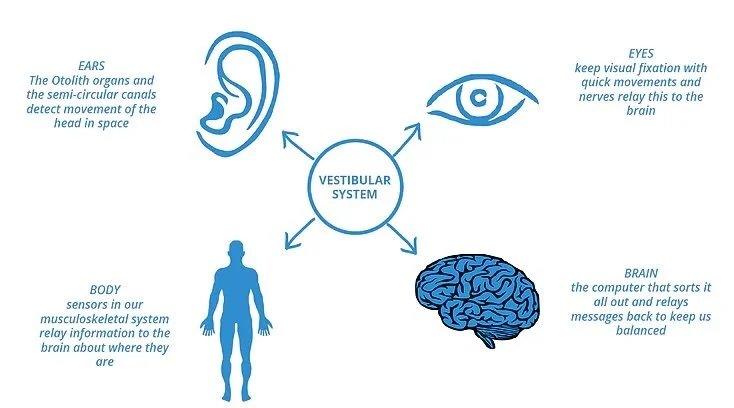Medications and Vertigo: Finding Balance Amidst the Side Effect Storm
Living with vestibular disorders can significantly disrupt one's daily life, with symptoms like vertigo striking unpredictably, sometimes rendering simple tasks challenging. These disorders stem from various factors, including but not limited to viral infections, head trauma, or even pressure changes during activities like flying or scuba diving. However, an often overlooked contributor to vestibular symptoms, particularly vertigo, is medication.
Exploring Medication Side Effects:
Have you ever perused the lengthy list of potential side effects accompanying your prescription medication? It's not uncommon to question the wisdom of taking something with such extensive lists of potential adverse reactions. Among these side effects are vertigo, dizziness, and nausea, commonly associated with vestibular disorders. Various medications, spanning antidepressants, antipsychotics, antihypertensives, and others, may induce these symptoms.
Key Medications Contributing to Vertigo and Dizziness:
Let's examine specific classes of medications known to elicit vestibular symptoms. From antidepressants and antipsychotics to pain medications and antibiotics, a broad spectrum of pharmaceuticals can disrupt balance and induce vertigo. Even medications like Domperidone, commonly used to stimulate lactation, can surprise with unexpected side effects.
Insights from Clinical Experience:
Personal experiences shed light on the unexpected culprits behind vestibular symptoms. For instance, high doses of Domperidone, prescribed to aid lactation in postpartum women, may unexpectedly induce vertigo and nausea. Addressing such cases involves collaboration between healthcare professionals to adjust dosages or explore alternative treatments while balancing benefits and risks.
Navigating Medication Risks:
While individual responses vary, it's crucial to recognize the potential for medication-induced side effects. When initiating, adjusting, or discontinuing medications, consulting healthcare professionals is paramount. Proper guidance ensures appropriate dosing, minimizes adverse reactions, and may necessitate gradual tapering to mitigate withdrawal effects. Keeping a log or diary can be a handy tool to help provide insight into symptom management, along with possible side-effects that may come with them.
Conclusion:
Medication-induced vertigo and dizziness highlight the complex interplay between pharmacology and vestibular health. Understanding these interactions empowers patients and healthcare providers to navigate treatment decisions effectively, optimizing outcomes while minimizing adverse effects. Always prioritize open communication and professional guidance to safeguard against medication-related complications.



